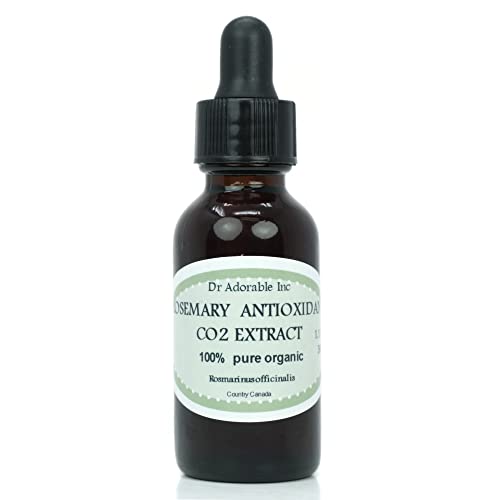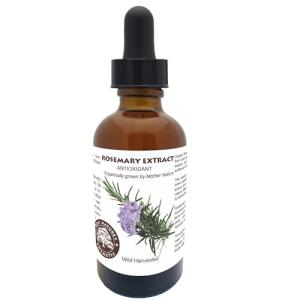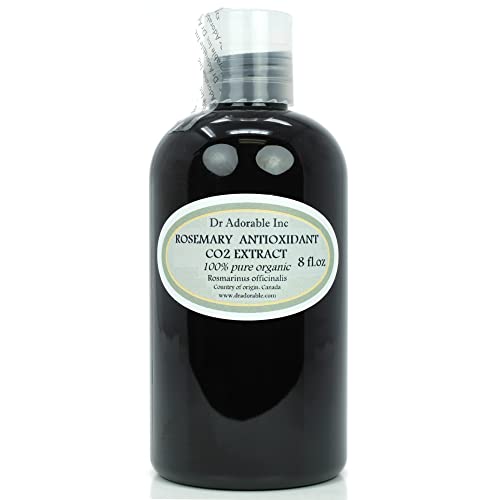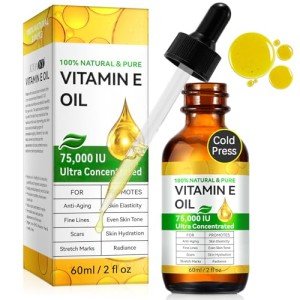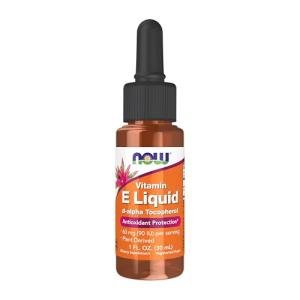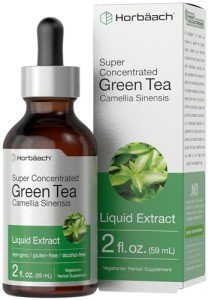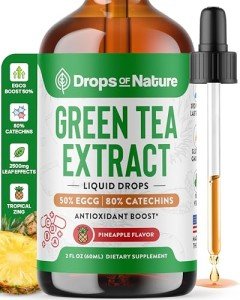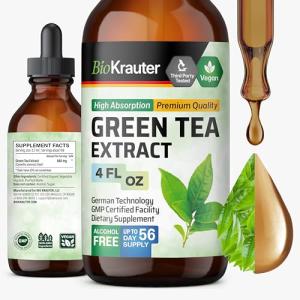Antioxidants play a crucial role in preserving the shelf life of soaps and cosmetics by protecting them from rancidity. Rancidity occurs when fats and oils within these products undergo oxidation, which can lead to unpleasant odors, discoloration, and a degradation in product quality. Certain oils used in soap-making and cosmetic formulations, like sweet almond oil, sunflower seed oil (high linoleic) and peach kernel oil, are particularly vulnerable to oxidation because they contain a large percentage of unsaturated fatty acids. When exposed to air, light, or heat, these oils can react with oxygen molecules, breaking down into free radicals and leading to the formation of potentially harmful compounds.
By incorporating antioxidants such as vitamin E, rosemary extract, or green tea extract into formulations containing these types of oils, manufacturers can slow down or prevent this oxidative process. Antioxidants work by neutralizing the free radicals before they can damage the oils and fats in the product. This helps maintain the integrity of the product, preventing the unpleasant changes that come with rancidity and ensuring that soaps and cosmetics remain effective and safe to use for longer periods. Additionally, antioxidants may also contribute to preserving the color and scent of the product, enhancing its overall aesthetic appeal and performance.
